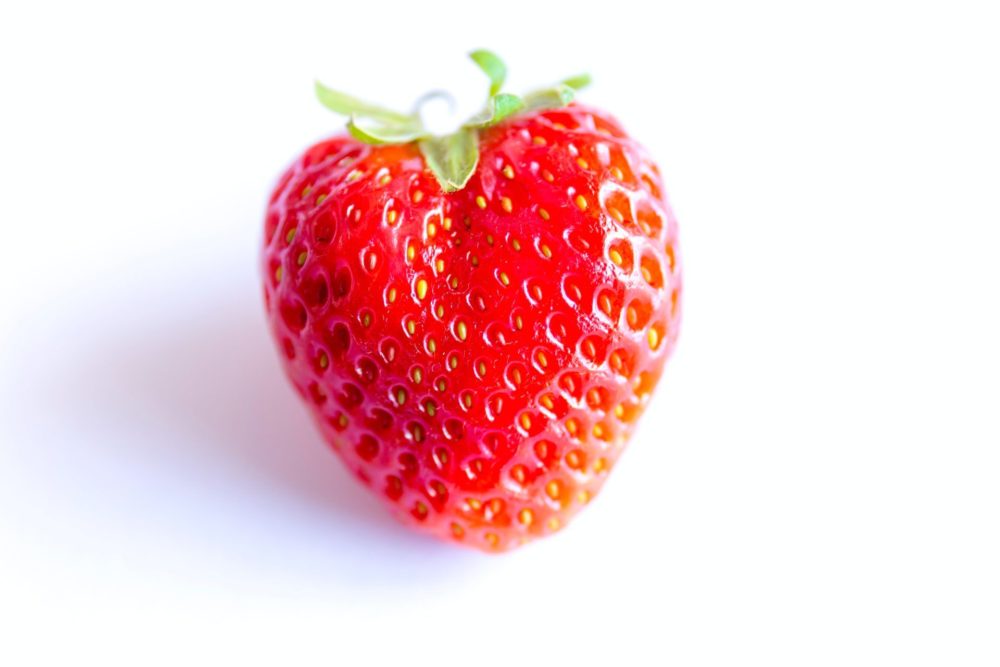US vertical farming startup Oishii has raised a $50 million Series A round led by Mirai Creation Fund, part of Tokyo-based SPARX Group. Additional investors in the round include Sony Innovation Fund — the corporate venture arm of Japanese tech giant Sony — Tokyo-based AI company PKSHA Technology, and San Francisco-based VC Social Starts.
The capital injection brings Oishii’s total funding to date to $55 million.
Unlike most vertical farming startups that are focused on producing leafy greens, Oishii cultivates strawberries using ancient Japanese farming practices. It also relies on bees to handle the pollination process.
“Oishii is the farm of the future,” said SPARX president and group CEO Shuhei Abe in a press release announcing the funding.
“The cultivation and pollination techniques the company has developed set them well apart from the industry, positioning Oishii to quickly revolutionize agriculture as we know it.”
With the new funding, Oishii plans to expand its New York City headquarters while constructing more vertical farming operations in new markets.
One of the biggest criticisms of vertical farming has been its seemingly limited application, producing primarily leafy greens and micro herbs. Oishii, which is the Japanese word for delicious, is on a mission to prove that strawberries can be cultivated indoors – and so far, it appears to be winning that battle without the use of pesticides. It also claims that its berries are carbon-neutral. You can buy the berry on the startup’s website or at Eli’s Market as well as on the menus of a few NYC restaurants.
Its first product, the Omakase Berry, was launched in 2018. The startup describes it as an artisanal variety that provides a unique creamy texture. Now it’s working on ways to cultivate tomatoes, melons, and peppers in its vertical farming operations.
Is this the fastest-growing vertical farming business in the world? To find out, listen to our podcast here
Oishii claims it is also set apart from the competition by its use of bees to take care of pollination inside its vertical farms – though the startup has not revealed many details about how this process works.
Fellow US vertical farming startup Plenty — which is backed by Japan’s SoftBank — is also working on growing strawberries indoors through a partnership with Driscoll’s. The major berry producer led Plenty’s October 2020 $140 million Series D and is taking an active role in its R&D activities around indoor strawberry cultivation.
Germany’s Infarm has also indicated a move beyond leafy greens to begin growing chilies, mushrooms, and tomatoes vertically. The Berlin-based startup installs growing cabinets in restaurants and supermarkets and recently unveiled modular ‘growing centers’ that can produce the equivalent of 10,000 square meters of open-field farmland.





